So, if you were M&S and wanted to impress the City with your international growth ambitions, what would you do and where would you go?
It’s always tough for retailers to know where to take analysts and investors around the world to show them that the business is not completely UK-centric and has other strings to its bow. France is always an easy choice, but if you’re M&S and you pulled out of the French market some time ago and have only, expensively, just gone back in, with two stores in Paris, that doesn’t quite help to get the message across.
India is an interesting call these days, as UK retail brands have found it easy to get the attention of the burgeoning middle classes there and expand quickly. Indeed M&S have a big and growing business in India.
But the last UK retailer to take analysts to India, to Delhi, was Mothercare and the chief executive got the sack soon after, for neglecting the core UK business. So that would not be a happy precedent…
Well, at the risk of inviting unwelcome jokes about Christmas turkeys etc, M&S decided to go to Turkey and take analysts this week on a whistle-stop visit to Istanbul.
The master-stroke was to get around the allegation that M&S’s international multichannel retail strategy is just the same as that of, say, Debenhams, by presenting the boss of the powerful Fiba Retail group, to endorse the success of the franchising expansion route that M&S want to pursue in the future.
Now, the genial, American-educated, Mr Osyegin of the Fiba Group made his considerable family fortune in banking and financial services, and has fingers in many pies, including property development, transport and hotels.
He certainly has no need to kowtow with UK retail analysts, but, as he joked, he finds retailing more fun than banking, so he was very happy to host the M&S visit to Istanbul and involve his organisation in explaining the success of their business relationship.
Since Fiba first acquired the M&S franchise in Turkey in 1999, then an operation with just three stores, it has expanded rapidly and now has 47 stores and expects this to grow to 55 to 60 stores in three years time. It has since launched the retailer in Russia and Ukraine now operates 160 stores across all three territories, with a turnover of £135m.
By working with powerful local partners like Fiba, M&S can get the best pitches in the new shopping centres and by operating stores of usually little more than 10,000 sq ft it is easier to keep store ambience up to date. The recently revamped Bagdat flagship store in Istanbul would certainly put many of M&S’s UK stores to shame in terms of visual merchandising, although the arrival of international competitors like Zara has raised the bar in terms of modern store formats.
So, the visit to Istanbul succeeded in convincing the City that M&S have decent growth plans in the key region of the Middle East, via their key franchise partners.
But if you took the profits that M&S generates from its Middle East region out of their total international profits there wouldn’t be much left. M&S is still bedevilled by the problems of its “legacy” operations in Ireland and Greece and the growing pains in newer regions like China.
There is some way to go before the M&S international division is firing on all cylinders. And, more importantly, there is still a lot of work for M&S to do to turnaround the decline in the profitability of the core UK business.
About Nick Bubb
Nick Bubb has been a leading retailing analyst for over 30 years. He is a well-known commentator on UK retailing and is a founder member of the influential KPMG/Ipsos “Retail Think-Tank”.




















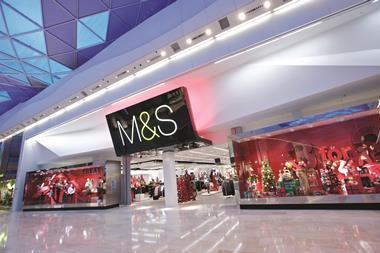
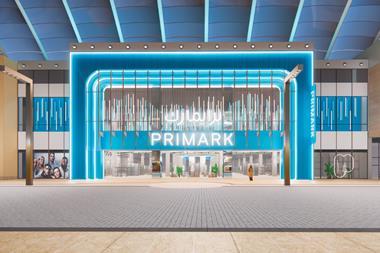
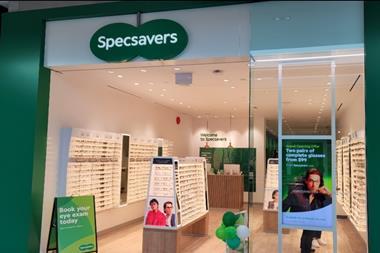
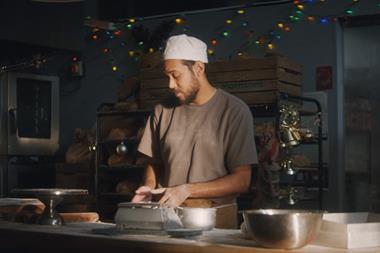
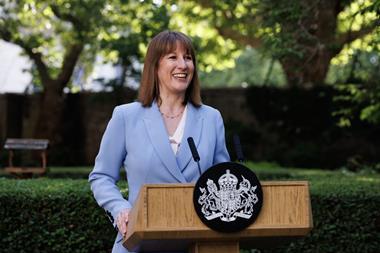
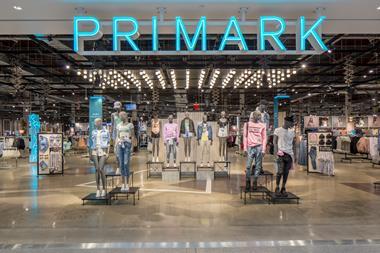
No comments yet